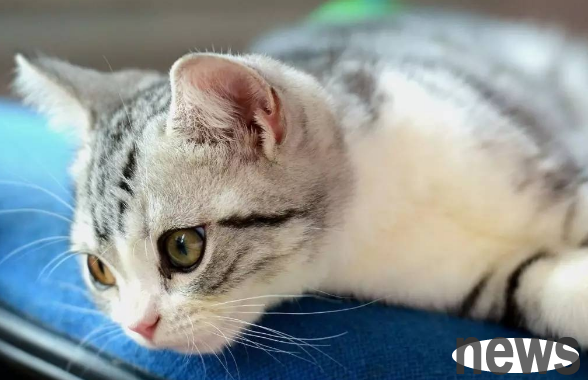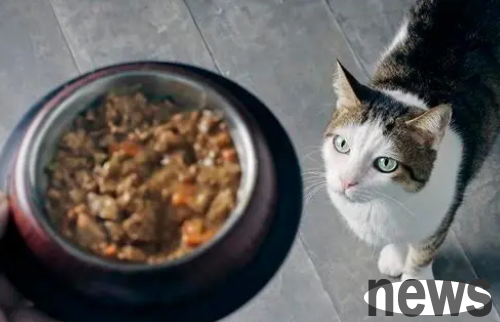Cat food allergies may show the following symptoms:
Skin problems: Itchy skin is one of the most common symptoms of food allergies. Cats may frequently scratch, lick and bite the body and limbs, causing skin inflammation, redness, swelling, ulcers and hair loss.

Digestive system problems: Food allergies may also cause digestive system problems in cats, such as vomiting, diarrhea, abdominal distension or abdominal pain. The feces may have abnormalities such as thinness, mucus, or blood.
Respiratory problems: Some cats may have respiratory problems when they are allergic to food, including sneezing, sneezing, nasal fluid, shortness of breath or asthma.
System: In addition to the above symptoms, food allergies can sometimes lead to systemic symptoms such as weight loss, loss of appetite, haggardness, fatigue and behavioral changes.
It is important to note that these symptoms may overlap with other health problems, so it is best to confirm the presence of food allergies through a veterinary diagnosis and food allergy tests.

Veterinarians can determine whether a cat has food allergies through physical examinations, food allergy tests, dietary exclusions, or other appropriate methods, and provide corresponding treatment and management advice.